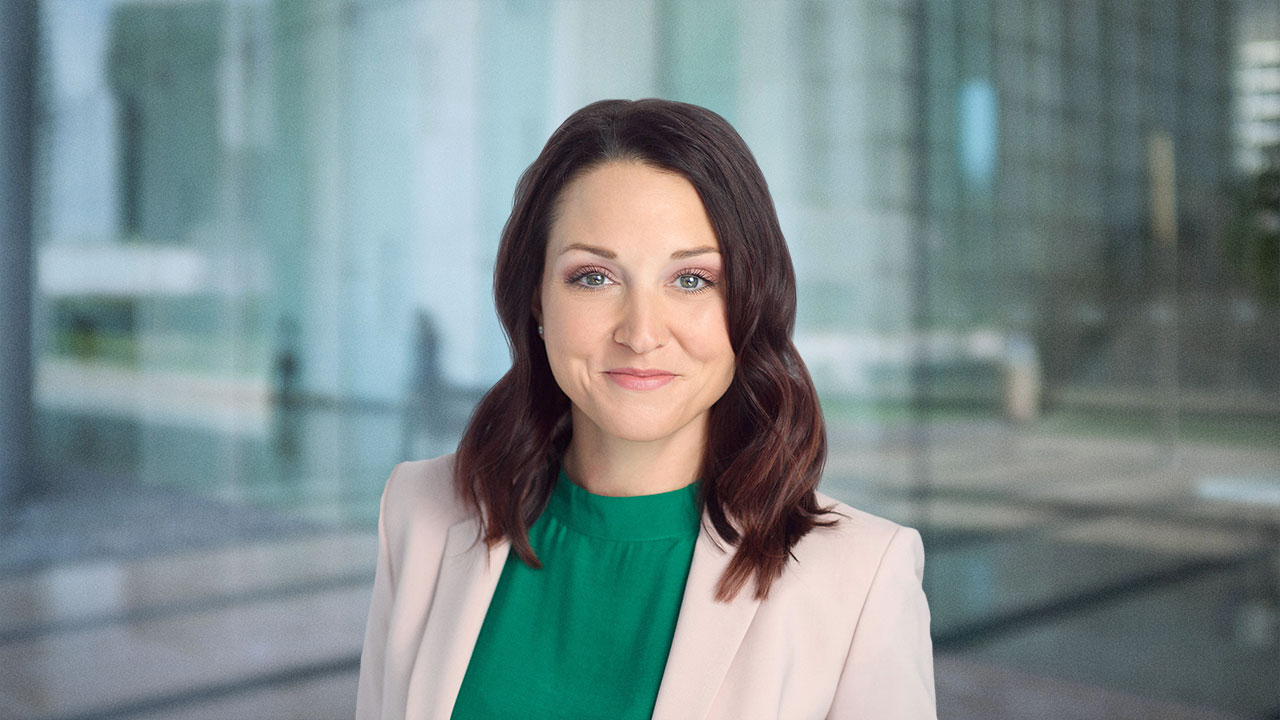
Christina Hendrick is Tetra Tech’s deputy director of post-disaster programs.
She joined our Disaster Recovery group in Houston, Texas, just after Hurricane Harvey struck in 2017. Christina manages our most critical public assistance recovery projects throughout seven Federal Emergency Management Association (FEMA) regions, as well as multiple COVID-19 recovery projects using public assistance; Coronavirus Aid, Relief, and Economic Security (CARES) Act; and other grant funding sources. She is a seasoned grant manager with nearly 15 years of experience and has overseen FEMA and U.S. Department of Housing and Urban Development grant funding under public assistance, FEMA Hazard Mitigation Grant Program, CARES Act, and Community Development Block Grant programs. Christina specializes in the technical intricacies of grant management, including budgeting, quality control, finance planning, and staffing with excellence in clear communication and reporting to deliver client satisfaction. She also serves as a business management expert, strategic planner, and business planning leader.
Christina graduated from Louisiana Tech University in 2006 with a Bachelor of Liberal Arts in Political Science/Pre-Law and English. She then received her Master of Public Administration in 2011 from Louisiana State University, helping her start her career in disaster recovery management consulting.
What inspired you to get into that field of work?
After graduating with my bachelor’s degree, I moved to Louisiana’s state capital to seek employment and find my professional path. I was working multiple jobs and applied to a position at the Department of Wildlife and Fisheries—initially because of my love of outdoor sports, hunting, and fishing. I was excited to learn about the department’s search and rescue mission, as well as the complex nature of implementing recovery programs immediately following multiple disasters and the impact those disasters have on governing agencies and businesses. During my outreach efforts in rural fishing communities, I began to see the impact disaster had on an individual level. When I experienced the challenges of implementing long-term recovery programs, I decided to make disaster recovery a career. I went on to obtain my Master of Public Administration to directly advise local and state governments on efficiencies and best practices to maximize their reimbursements and bring sustainable improvement to their recovery efforts.
Tell us about some of the projects you’ve worked on at Tetra tech that have been the most inspirational to you.
I joined Tetra Tech within a few weeks of Hurricane Harvey making landfall and devastating the City of Houston. It has been incredibly rewarding to see the progress and completion of projects where our team assisted in documenting damages through site inspections and collaborating with the City on ways to mitigate future disasters.
Throughout the COVID-19 pandemic, the Tetra Tech Disaster Recovery Group has answered the call to help our clients recover and mitigate the impacts, with little available guidance at the start of the pandemic and continually evolving guidance throughout the year. It is inspirational to see our staff and clients rise to the task of meeting these unprecedented recovery efforts. While much remains uncertain, the reach of these recovery efforts extends to clients not typically affected by natural disasters, reminding me of the impact our services provide.
Tetra Tech currently supports the Louisiana Governor’s Office of Homeland Security and Emergency Preparedness projects for multiple disasters, including COVID-19, in Baton Rouge, Louisiana. I have lived in multiple states and spent significant time on deployments, and now I am able to work directly in the state that inspired me to make disaster recovery a career. Our team is doing incredibly technical and necessary work to recover costs for local governments and the state as a whole.
What do you do outside of your work that you think makes a difference for today’s environment?
I am a huge proponent of the elementary principles of reduce, reuse, and recycle. There are books and even TV series discussing how to only keep what you need—what brings you joy—and how to find a new use or home for items instead of continuing the waste cycle practices of the past. I feel the impact of continual, intentional decisions to not feed the take-and-dispose mentality is something that I can personally do that makes a difference in my environment. This also is a natural fit for action immediately following disaster events where our communities are in need of items that most of us have clogging up our closets and garages.
Are we making progress in creating a better world for ourselves?
Recently, sustainable products created by small and/or local business have entered the market to create a positive trend. Larger production companies have had to answer with more responsible operational choices and products, and I am cautiously optimistic that recent education efforts will drive continued ethical change in our world. I truly hope the knowledge shared on the importance of sustainability helps us shift these new behaviors from a trend to become a social norm.